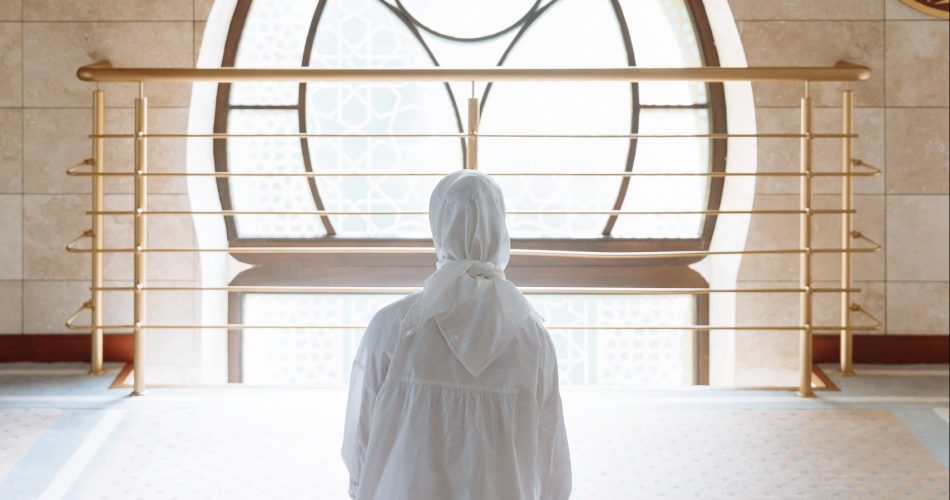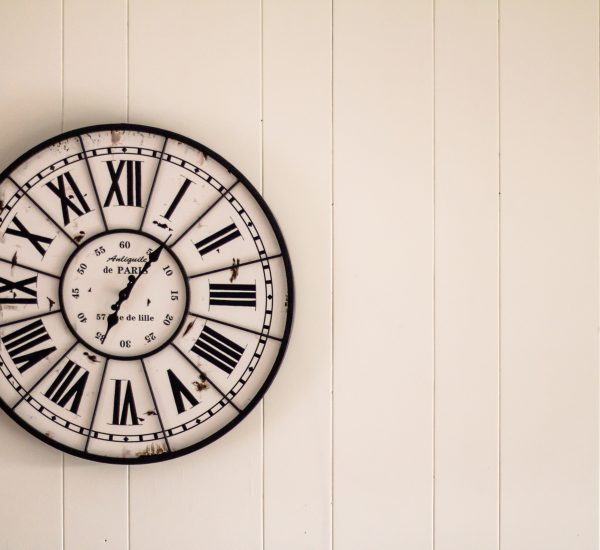The importance of praying salah on time isn’t a new idea to most of us. There is truth and wisdom to it and one of them being Allah comes first before anything else that is going on in our day, in this finite dunya and temporary existence. It’s thrilling to read about the philosophy and internal realities of salah and what our religion’s grand Aayatollahs have to say about it. Here we can look at two popular ones.
We have the late Ayatollah Muhammad Taqi Behjat, who gave his famous response to a question he was asked: what if we aren’t in the mental space at salah time to pray, if our concentration is not there? Isn’t it better to pray at a time where I am able to bring more of myself to the salah? To which he replied that salah should always be prayed on time, even if you feel your concentration is not there and you have many things to do at the time, for everything will work itself out by the power of Allah after your prayer. He basically said to show Allah that He is first, always.
Seemingly on the other hand, the former Supreme Leader of Iran and late Ayatollah Ruhollah Musavi Khomeini writes a chapter on this in his book Adabus Salat, isolating chapter 10 specifically, on vivacity and cheerfulness during prayer. Within the first paragraph of the chapter, he states that one should not come to prayer grudgingly and with laziness and resistance, but with a light heart that is excited to worship. He says to pick a time where your heart is cheerful in approaching worship and has a zeal in it, so we can avoid reluctance in worship and a grown aversion to prayer. Almost to say, don’t pray if you’re not feeling it.
At first glance it seems these are very opposite reactions… What’s up with that?
Though his words can be exploited and misinterpreted, Ayatollah Khomeini continues on to mention and talk about worshipping in the night time specifically. He was not saying to compromise on mandatory prayer times, but perhaps the mustahab ones that are optional, like Salatul Layl, we should approach at times that are optimally chosen by the worshipper. Do not force yourself to pray optional prayers if you are not happy to do them, or it will cause you to hate worshipping your Lord (as quoted by Rasoolullah, mentioned in Adabus Salat). It’s about conditioning and building associations.
This does not mean however, that we are hopeless and doomed to praying salah at the mandatory times with a distracted, burdened heart because we have to! The same idea can be applied to mandatory prayers as well. Nowhere does it say that you can’t take a few minutes before Zuhr time, let’s say, to bring light into your heart and calm yourself down and bring yourself into a happy relaxed state before you begin your salah. We have a lot of power over our own moods, more than we think. If we take a few minutes to breathe and lighten our hearts and stand in front of our Lord with a smiling soul, we can condition ourselves to love prayer and approach it eventually with automatic vivacity and cheerfulness! It’s about bringing positive mindfulness to the prayer. It is then, when we are happy to throw everything aside for our Rabb at any given time of the day, that we can truly begin to reap the full benefits of this divinely ordained salah. Allah does not benefit from you praying salah, you do. It is a crucial piece to attaining inner peace, we just have to put our mind and heart in it.
References:
Life of Ayatollah Behjat by Elhaam Magazine (7 parts on Youtube)
Accessible here: https://www.youtube.com/watch?v=Xpn0nvnaCEQ&t=294s
Adabus Salat by Ayatollah Ruhollah Al-Musavi Al-Khomeini (published book)
Accessible here: https://www.al-islam.org/adab-salat-disciplines-prayer-second-revised-edition-sayyid-ruhullah-musawi-khomeini



